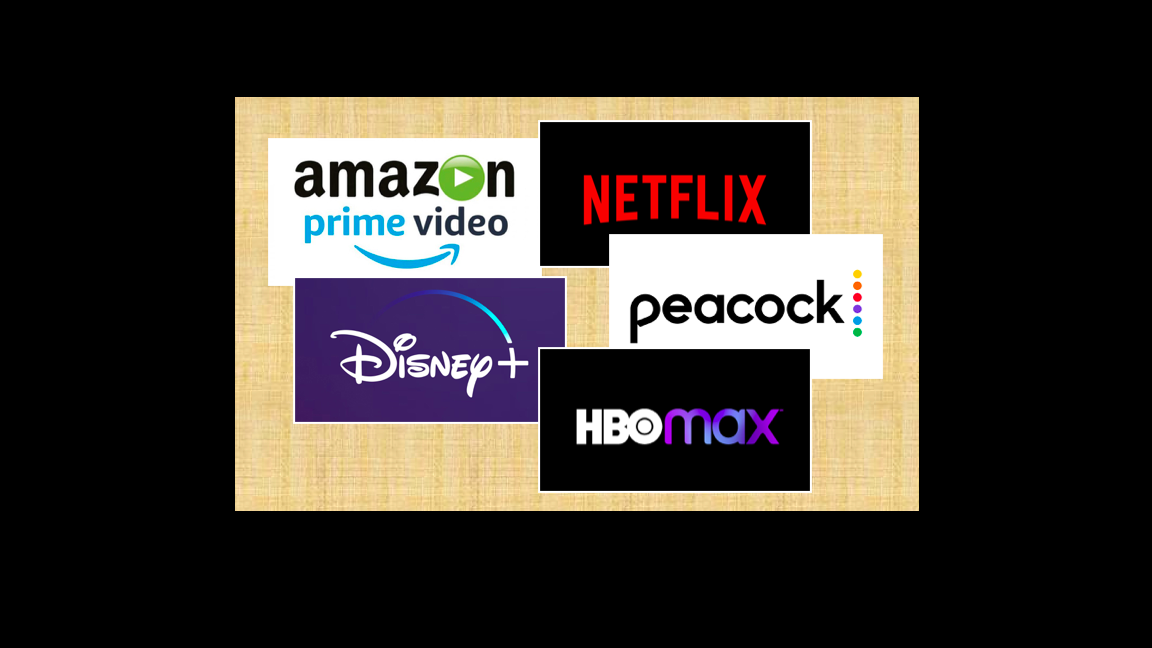Am 24. März startete inmitten der Corona-Pandemie die Streaming-Plattform Disney+ von Disney. Dominiert wird der Video-on-Demand-Markt in Deutschland noch durch die beiden großen, globalen Player Amazon mit Prime Video und Netflix. Doch zahlreiche weitere Anbieter wie z.B. Pantaflix, Mubi, Rakuten TV kamen in den letzten Jahren dazu. Streamingdienste boomen und verändern die Filmwirtschaft und Filmrezeption weitreichend. Dr. Roderik Smits, der von der Cardiff Univerisity Ende 2019 als Fellow des Postdoc Networks Brandenburg an die Filmuniversität KONRAD WOLF wechselte, beschäftigt sich in seinem Forschungsprojekt "Online Platforms and Film Circulation" mit neuen Distributionsformen wie VoD-Plattformen. Da Englisch die Arbeitssprache des Niederländers ist, wurde das Interview auch auf Englisch geführt.
With the launch of several powerful streaming platforms for films and other content in the past 12 months, we asked Dr. Roderik Smits about the implications of this development for the film industry.
Streaming platforms like Netflix and Amazon are hugely popular services with millions of subscribers worldwide, but it seems that they are experiencing increased competition. Can we speak of a streaming war?
The term streaming war often appears in the media. Netflix and Amazon are powerful platforms in the online market, but new streaming platforms have been launched by some of the most powerful Hollywood media conglomerates in the past 12 months. Disney+ is part of The Walt Disney Company, HBO Max of Warner Media, and Peacock of NBCUniversal. Disney+ is already available in Germany and several other countries around the world, while HBO MAX and Peacock are also expected to launch in numerous countries, including Germany.
Some commentators speak of a streaming war because there is a great deal of overlap in terms of the audience they seek to reach. But others criticise the term streaming war because each of the streaming platforms have different business models and pricing offers, and provide access to different types of content, including films, television series and other media productions.
Given the development of those new streaming platforms, what are some of the implications for the film industry in Germany?
Netflix, and to a lesser extent Amazon, have diversified their strategies for ‘original content’ in past five years, with increased investment in local-language productions in European markets. In Germany, such investment is particularly focused on television productions. But Netflix has also started to invest in film productions, and released the German films Rising High (Cüneyt Kaya, 2020), Isi & Ossi (Oliver Kienle, 2020) and Freaks (Felix Binder, 2020) earlier this year. Those films were released directly (and exclusively) on Netflix rather than first in cinemas.
The Hollywood media conglomerates play a different game. Through their hugely successful studio productions and global distribution networks, they are able to perform a very powerful role in the global film industry. While their productions are usually classified as US films, they may be filmed in studio facilities or locations worldwide, including Germany. For instance, Studio Babelsberg is one of the locations for The Matrix 4, which is currently produced by Warner Bros. It is through such outsourced production activity that they invest in national markets beyond the US.
The business model for such films is based on revenues generated from various exploitation markets, starting with the theatrical cinema market. In order to strengthen their streaming services, we might see more experiments with release strategies whereby Hollywood films are given an early release on their streaming platforms. But it seems unlikely that they will dramatically change their longstanding business model for films in the near future.


